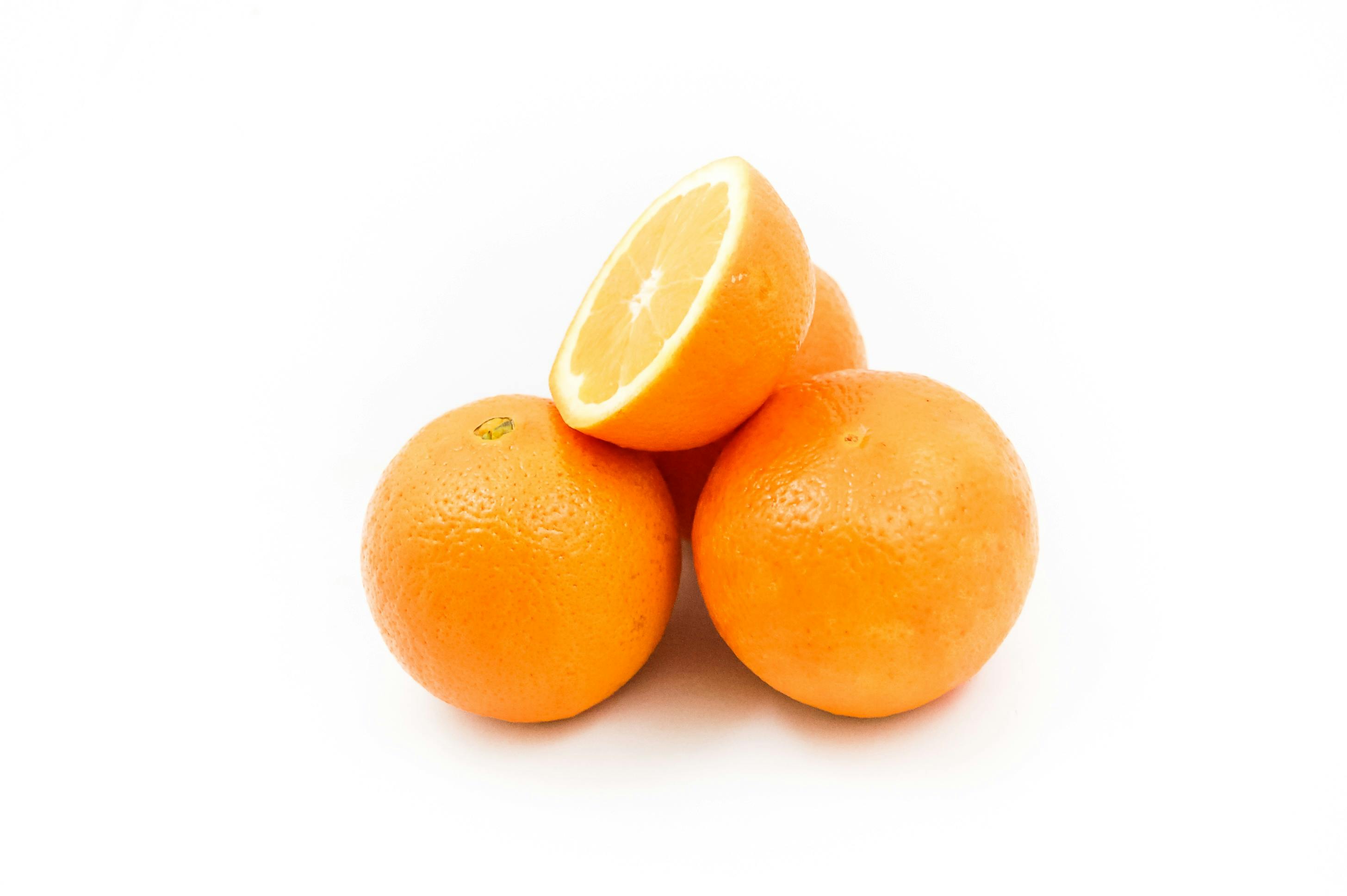Best 5 Diet Options for Glowing Skin in 2025

Best 5 Diet Options for Glowing Skin in 2025
Achieving glowing skin is a common desire for many, and much of its success lies in our dietary choices. In 2025, understanding the connection between diet and skin health has become even more essential as new research unveils the importance of certain nutrients and foods for maintaining a radiant complexion. Several diet options can enhance skin health, providing not only nourishment but also promoting overall well-being.
This article discusses the best five diet options that can lead to glowing skin, highlighting their benefits and essential components. Additionally, we will explore the science behind the foods that aid skin health, giving you practical tips on how to incorporate them into your meals. Let’s dive into the world of skin-loving diets and discover the key to lasting beauty.
The key takeaways include the role of hydration, antioxidants, and vitamins in skincare, as well as practical diet tips that can be easily integrated into your lifestyle. Your journey to glowing skin starts now!
Essential Foods for Glowing Skin
Fruits That Nourish the Skin
Fruits are packed with vitamins and antioxidants that can profoundly impact skin health. Citrus fruits like oranges and lemons are rich in Vitamin C, which is crucial for collagen production and skin elasticity. Incorporating vitamin-rich fruits can boost radiance, combat signs of aging, and even out skin tone.
Other fruits such as berries, papayas, and pomegranates help protect the skin from oxidative stress due to their high antioxidant content. These fruits not only contribute to hydration but also enhance skin repair and rejuvenation.
Vegetables for Radiance
Vegetables, particularly leafy greens, are integral to a skin-enhancing diet. Spinach, kale, and broccoli are rich in vitamins A, C, and E, which play important roles in repairing skin damage and maintaining moisture balance. Darker greens also contain lutein, an antioxidant that helps to improve skin hydration and elasticity.
Additionally, tomatoes are exceptional due to their high lycopene content, which protects the skin from sun damage and improves overall texture. Including a variety of colorful vegetables in your daily meals can provide essential nutrients for that coveted glow.
The Power of Hydration
Staying hydrated is paramount for skin health. Proper hydration ensures that skin cells are lubricated, enhancing skin’s flexibility and resilience. Aim for at least eight glasses of water daily, and consider incorporating hydrating foods like cucumbers, watermelon, and coconut water into your diet.
Herbal teas and infused waters can also be great alternatives, providing additional antioxidants and nutrients. Hydration not only aids skin moisture but also flushes out toxins that contribute to skin blemishes.
Incorporating Omega-3 Fatty Acids
Benefits of Essential Fatty Acids
Omega-3 fatty acids are crucial for maintaining skin health, providing anti-inflammatory properties that can reduce redness and irritation. Foods rich in omega-3, such as fatty fish (like salmon and mackerel), chia seeds, and walnuts, can enhance skin hydration and barrier function.
These fatty acids contribute to skin elasticity and may even help prevent signs of aging by reducing the appearance of fine lines and wrinkles. Incorporating these foods into your meals can greatly support your skin's glowing appearance.
How to Add Omega-3 into Your Diet
Including omega-3 fats into your daily meals can be simple and delicious. Start by swapping out red meats with fatty fish a few times a week. You can also add chia seeds to smoothies or yogurt bowls, and sprinkle walnuts on salads for a nutritious crunch.
Additionally, consider recipes that feature these ingredients, such as avocados on toast topped with salmon or mackerel salads. Such meals not only taste great but also deliver powerful nutrients for glowing skin.
Antioxidant-Rich Foods for Skin Protection
The Role of Antioxidants in Skin Health
Antioxidants play a crucial role in protecting the skin from environmental stressors and free radicals, which can lead to premature aging. Including foods high in antioxidants, such as dark chocolate, berries, nuts, or green tea, can bolster your skin’s defense system.
Blueberries, for example, are famous for their high antioxidant content, which contributes to overall skin vitality. Green tea contains polyphenols that protect the skin and enhance its radiance by promoting circulation.
Easy Ways to Incorporate Antioxidants
Are you looking to boost your antioxidant intake? Start your day with a breakfast smoothie made with spinach, berries, and a dash of cocoa powder. Snack on nuts and dark chocolate, and consider replacing sugary beverages with herbal teas.
Creating meals that include a variety of colorful fruits and vegetables ensures you’re consuming a range of antioxidants beneficial for your skin.
Skin-Enhancing Nutrients and Vitamins
Importance of Vitamins for Skin
Vitamins A, C, D, and E are essential for maintaining healthy skin. While Vitamin C is well-known for its collagen-boosting properties, Vitamin A aids in skin cell production and repair; this can prevent dullness and promote a brighter complexion.
Vitamin E, found in nuts and seeds, helps nourish and protect skin from damage. Foods rich in Vitamin D, such as fortified dairy products and eggs, are also vital for skin health and immune support.
Nurturing Skin with Care
Prioritize a balanced diet that includes various vitamin-rich foods to fuel skin healthy efficiently. Create meals focused on colorful produce, nuts, seeds, and whole grains to achieve optimal nutrient levels for glowing skin.
For added beauty benefits, consider supplements if you believe you may not be getting enough nutrients through food alone. Always consult with a healthcare provider before starting any new vitamin regimen.
Q&A: Common Diet Questions for Skin Health
What foods should I avoid for clear skin?
Limiting refined sugars and processed foods is essential in a skin-friendly diet, as these can exacerbate inflammation and blemishes. Instead, focus on whole foods that nourish your skin from the inside out.
Can hydration really improve skin appearance?
Absolutely! Hydration helps maintain skin elasticity and moisture. Dehydrated skin can look dull and aged, while well-hydrated skin appears plump and vibrant.
Is it necessary to take supplements for glowing skin?
While whole foods are always the best source of nutrients, some individuals may find supplements helpful to bridge nutritional gaps, especially for vitamins like D or omega-3 fatty acids. Consult with a healthcare professional for personalized advice.
How quickly can I expect results from dietary changes?
Individual results will vary. However, many people notice improvements in skin texture and brightness within a few weeks of incorporating nutrient-dense foods into their diets.
Are there any specific diets recommended for skin health?
The Mediterranean diet is often lauded for its potential benefits for skin health due to its emphasis on whole foods, healthy fats, and plenty of fruits and vegetables. Additionally, anti-inflammatory diets rich in omega-3s and antioxidants can also enhance skin vitality.

